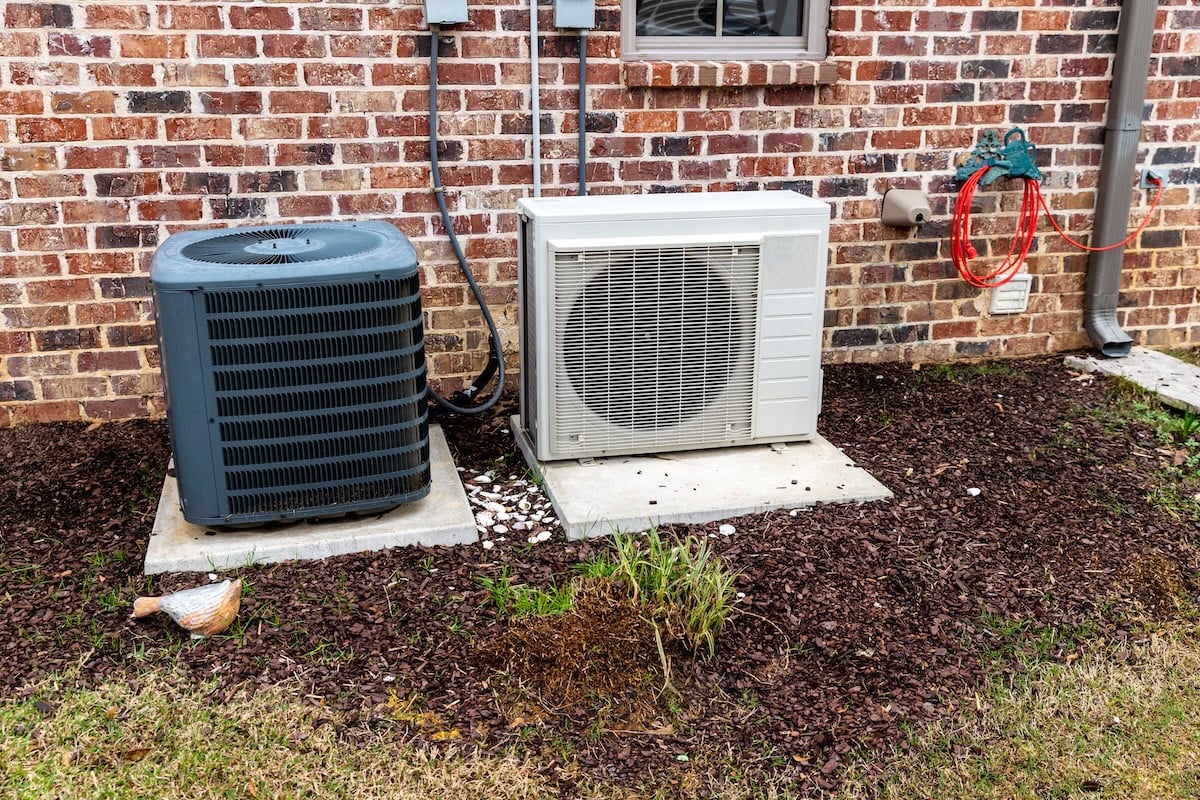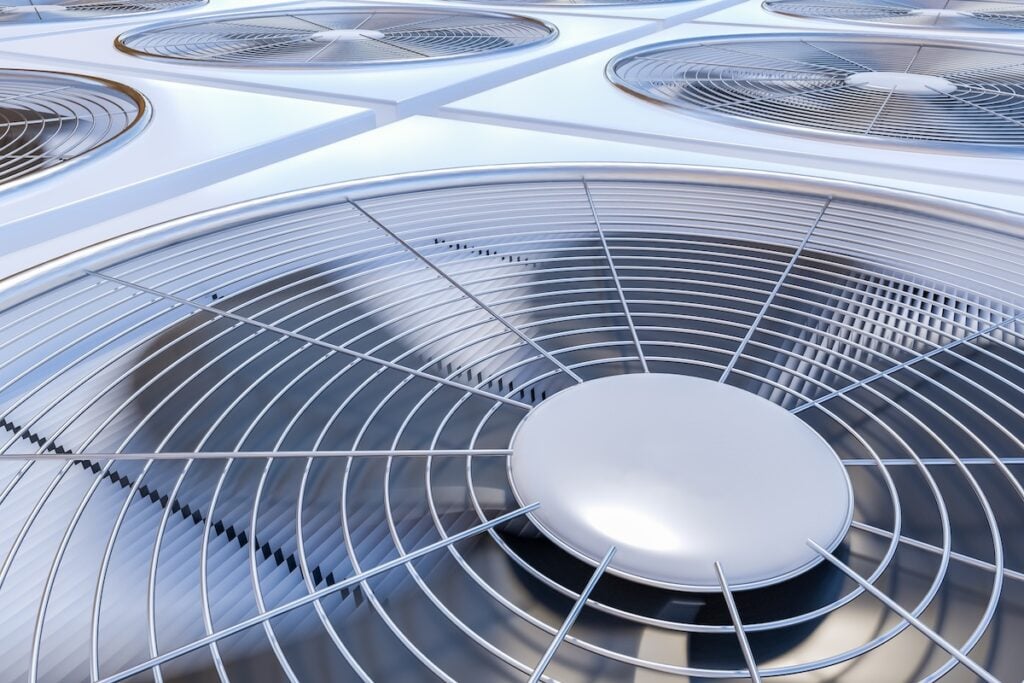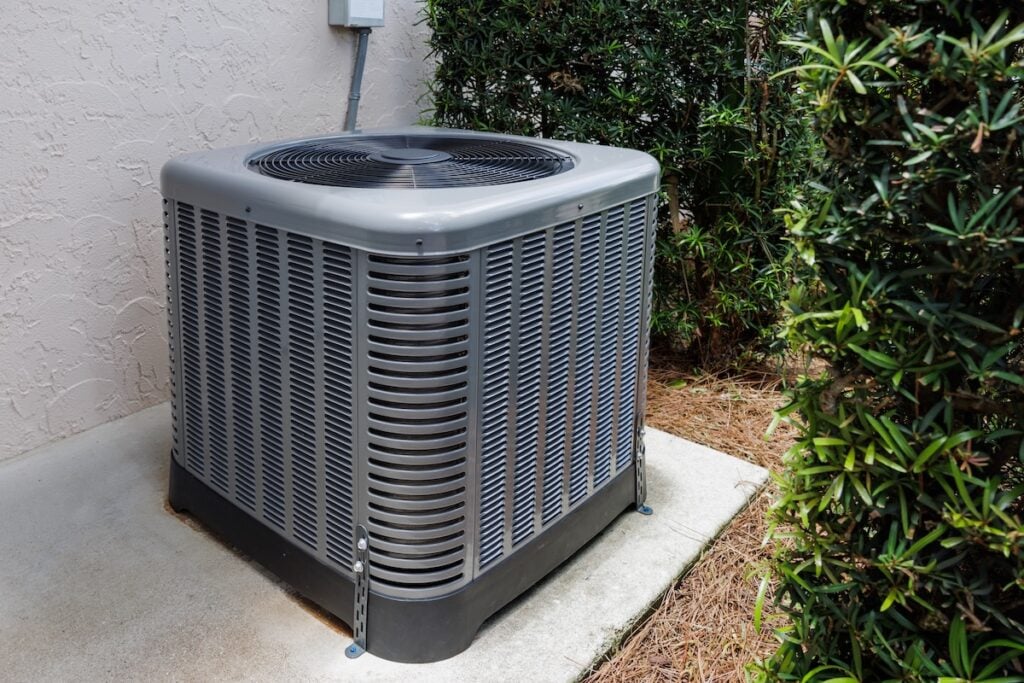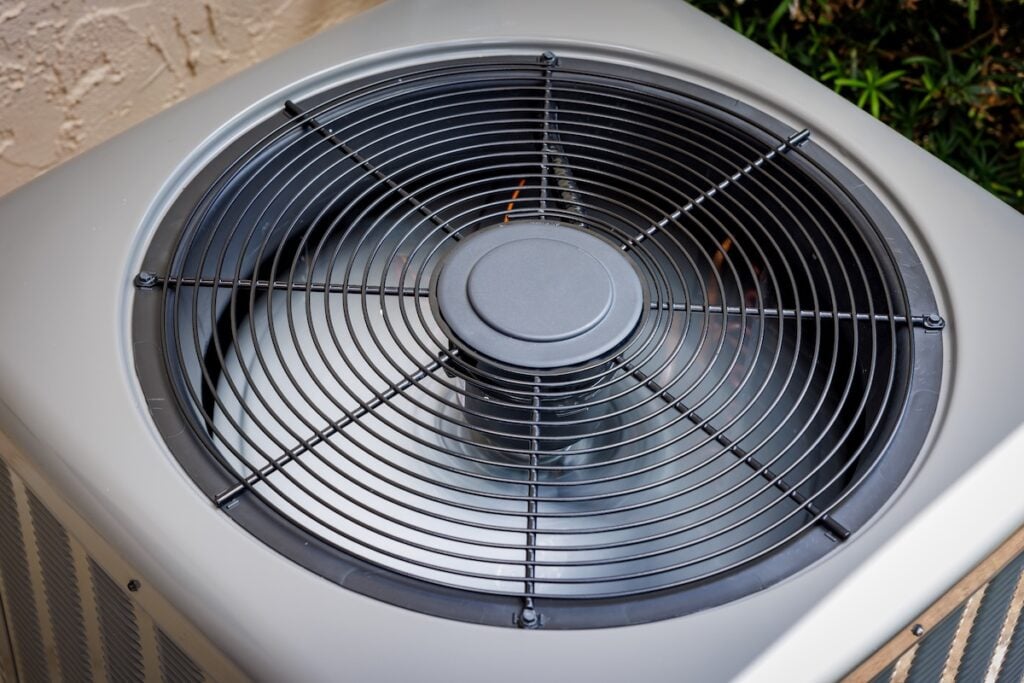


August 5, 2025
How Long Do AC Units Last? (7 Factors That Affect Lifespan)
Your air conditioning system works hard to keep your home comfortable, especially during those sweltering summer months. But like any major appliance, AC units don’t last forever. Understanding how long do AC units last can help you plan for repairs, maintenance, and eventual replacement.
Most air conditioning systems last between 15 to 20 years with proper care and maintenance. However, several factors can significantly impact this timeline. Some units may need replacement after just 10 years, while others can continue running efficiently for 25 years or more.
This comprehensive guide will explore:
- The typical lifespan of different AC unit types
- Seven key factors that affect how long your AC unit will last
- Warning signs that indicate your system needs replacement
- Tips to extend your AC unit’s lifespan
- When to repair versus replace your air conditioning system
💡 Average Lifespan of Different AC Unit Types

Not all air conditioning systems are created equal. The type of AC unit you have plays a significant role in determining its expected lifespan.
Central Air Conditioning Systems
Central AC units are the most common type found in homes across the United States. These systems typically last 15 to 20 years when properly maintained. The outdoor condenser unit often requires replacement first, while the indoor air handler may continue functioning for several additional years.
Window AC Units
Window air conditioners have a shorter lifespan compared to central systems. Most window units last 8 to 12 years. Their exposed position makes them more susceptible to weather damage and wear. However, their lower cost makes replacement more manageable for most homeowners.
Ductless Mini-Split Systems
Ductless mini-split systems are known for their longevity. These efficient units can last 20 to 25 years with proper maintenance. Their indoor and outdoor components are designed to work together seamlessly, often resulting in fewer mechanical issues over time.
Heat Pumps
Heat pumps, which provide both heating and cooling, typically last 15 to 20 years. However, because they operate year-round in many climates, they may experience more wear than traditional AC units that only run during cooling season.
🔎 7 Key Factors That Affect AC Unit Lifespan

Understanding what influences how long AC units last can help you make informed decisions about maintenance and replacement. Here are the seven most important factors:
1. Quality of Installation
Proper installation is crucial for your AC unit’s longevity. Poor installation can reduce your system’s lifespan by up to 50%. Common installation mistakes include:
- Incorrect refrigerant charging
- Improper ductwork sizing
- Inadequate electrical connections
- Poor equipment placement
Professional installation ensures your system operates efficiently from day one and experiences less stress over its lifetime.
2. Regular Maintenance
Routine maintenance is the single most important factor in extending your AC unit’s life. Systems that receive annual professional maintenance typically last 3 to 5 years longer than neglected units. Essential maintenance tasks include:
- Changing air filters regularly
- Cleaning condenser coils
- Checking refrigerant levels
- Inspecting electrical components
- Lubricating moving parts
3. Climate and Environmental Conditions
Your local climate significantly impacts how long your AC unit will last. Units in harsh environments face greater challenges:
- Extreme temperatures force systems to work harder
- High humidity increases corrosion risk
- Salt air near coastlines accelerates component deterioration
- Dust and debris can clog filters and coils more quickly
4. Usage Patterns
How often you use your AC unit directly affects its lifespan. Systems that run continuously during peak summer months experience more wear than those used moderately. Factors that influence usage include:
- Thermostat settings
- Home insulation quality
- Window efficiency
- Household size and occupancy patterns
5. Equipment Quality and Brand
The quality of your AC unit plays a significant role in its longevity. Premium brands often use higher-quality components that withstand wear better over time. While these units may cost more initially, they often provide better long-term value through extended lifespans and improved efficiency.
6. Air Filter Quality and Replacement Frequency
Dirty air filters force your AC system to work harder, reducing its lifespan. Clogged filters restrict airflow, causing:
- Increased energy consumption
- Frozen evaporator coils
- Compressor strain
- Reduced indoor air quality
Replacing filters every 1-3 months can significantly extend your unit’s life.
7. Ductwork Condition
Your ductwork’s condition affects how long your AC unit lasts. Leaky or damaged ducts force your system to work harder to maintain comfortable temperatures. Common ductwork issues include:
- Air leaks at joints and connections
- Inadequate insulation
- Crushing or kinking of flexible ducts
- Debris buildup inside ducts
⚠️ Warning Signs Your AC Unit Needs Replacement
Recognizing when your AC unit is nearing the end of its lifespan can help you plan for replacement before a complete breakdown occurs. Watch for these warning signs:
Frequent Repairs
If your AC unit requires repairs more than twice per year, it may be time for replacement. The general rule is that if repair costs exceed 50% of a new unit’s cost, replacement is the more economical choice.
Rising Energy Bills
Older AC units become less efficient over time. If your energy bills have increased significantly without changes in usage patterns, your system may be losing efficiency and approaching replacement time.
Inconsistent Cooling
Units struggling to maintain consistent temperatures throughout your home may have worn components. This often indicates declining performance and potential system failure.
Strange Noises or Odors
Unusual sounds like grinding, squealing, or banging can indicate serious mechanical problems. Similarly, musty or burning odors may signal component failure or safety issues.
Age of the System
If your AC unit is approaching or exceeding its expected lifespan, start planning for replacement even if it’s still functioning. Proactive replacement prevents uncomfortable breakdowns during peak cooling season.
💡 Tips to Extend Your AC Unit’s Lifespan

While you can’t control every factor affecting how long your AC unit lasts, these proactive steps can help maximize its lifespan:
Schedule Annual Professional Maintenance
Professional technicians can identify and address minor issues before they become major problems. Annual maintenance typically includes comprehensive system inspection, cleaning, and tune-up services.
Change Air Filters Regularly
Check your air filter monthly and replace it when it appears dirty. High-quality filters not only protect your system but also improve indoor air quality.
Keep the Outdoor Unit Clear
Ensure your outdoor condenser unit has adequate clearance on all sides. Remove debris, trim vegetation, and keep the area clean to promote proper airflow.
Use a Programmable Thermostat
Programmable thermostats reduce system strain by automatically adjusting temperatures when you’re away. This can significantly extend your unit’s lifespan while reducing energy costs.
Address Issues Promptly
Don’t ignore minor problems like strange noises or reduced performance. Early intervention often prevents costly repairs and extends system life.
🏡 Trust Smock HVAC for Your Air Conditioning Needs
At Smock HVAC, we understand that your air conditioning system is a crucial part of your home’s comfort. With over 20 years of experience serving Frederick County, our family-owned business has built a reputation for reliable service, expert knowledge, and genuine care for our customers. From routine maintenance to system replacements, our certified technicians ensure your AC operates efficiently and lasts as long as possible.
Trust us to work with top industry brands and provide quality installations that stand the test of time. Ready to maximize the life of your AC unit? Contact Smock HVAC today to schedule your maintenance or system evaluation—we’re here to keep your home cool and comfortable year-round!


